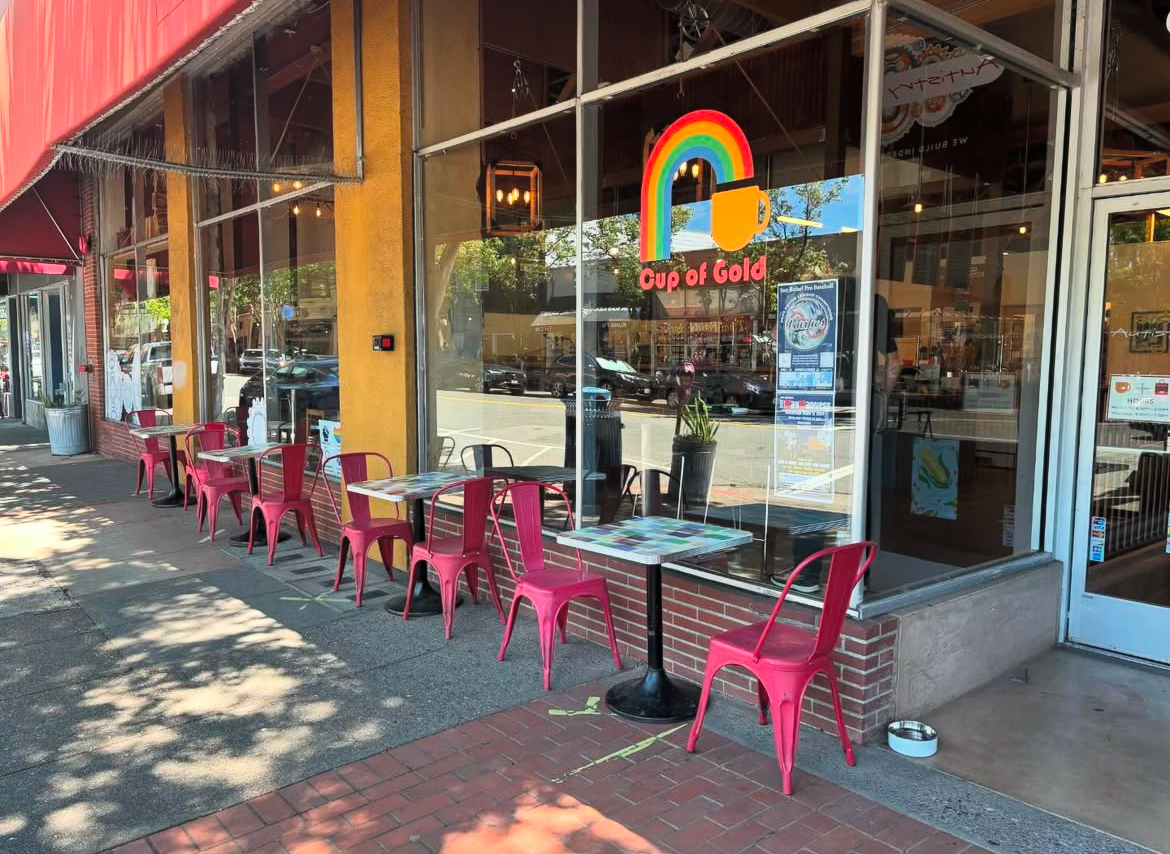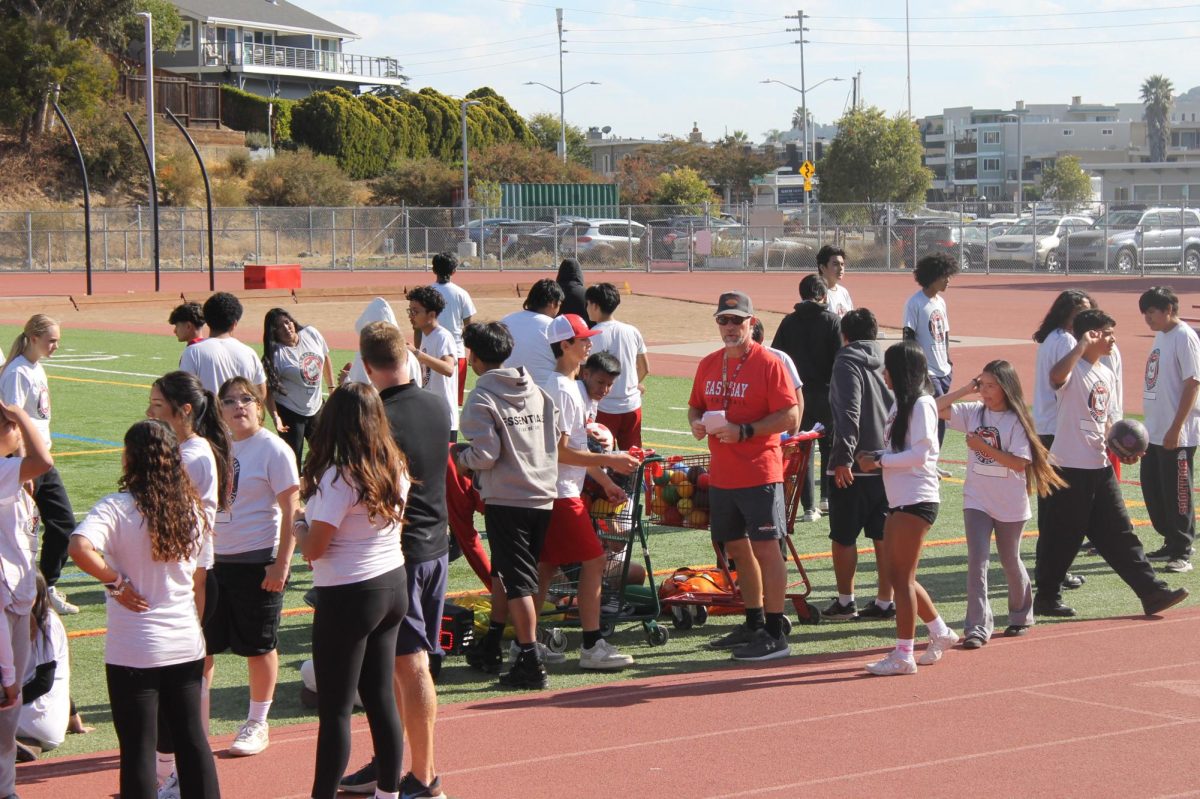Review: The Blind Side

March 27, 2020
Michael Oher, known as “Big Mike” in the film The Blind Side, arrives at Wingate Christian High School where he is a giant black teenager wandering the halls of a predominantly white environment. Wherever he goes, students stare at him.
Standing out from all the other students and faculty at the school, Michael, played by Quinton Aaron, was recruited to the school for his athletic ability. The students from Wingate are shown to be white and rich, indicating that the school is meant only for the upper class. But Michael is an African-American teenager who had a brutal childhood and no GPA on record. He is homeless and carries his extra shirt in a plastic bag. In order for Michael to have clean clothes, he washes them at a local laundromat. Being a huge black man at a mostly white institution with an unrelatable background has made him feel a sense of not belonging.
As Michael walks alone in the dark, cold night in the city of Tennessee, a local woman, Leigh Anne Tuohy, played by Sandra Bullock, and her family stop to ask him where he’s going. When Mrs. Tuohy realizes Michael has no home to go to, without thinking she makes the decision to take him to her house. Their home is not the average house one would see in a middle class area: they live in a mansion. Despite the wealth the Tuohys have, they are humble individuals who take Michael in and raise him as their own son.
The Tuohys open doors for Michael to succeed in his life. Before Michael moved in with the Tuohys, he was living in poverty and in an environment of gangs. Michael’s mother was a drug addict who was unable to get the care she needed. We see throughout the film the flashbacks that Michael has about his last encounter with his mother before they are separated. The dark scenes capture the feelings of losing a mother. It shows Michael as a child being taken away by law enforcement from his mother. I believe that the loss of his mother made him feel unwanted, unloved and abandoned. For that reason Michael is silent or says “I don’t know” when he is asked about his past or what he wants.
But when the Tuohys open up their home to him and provide him with many opportunities, he sees what more his future can be like. When the Tuohys adopt him and raise him as their own son, he allows himself to open up. With the help of the generous family and his determination to succeed, he is recruited to play football at the University of Mississippi on a full scholarship.
At the end of the film, we learn that one of Michael’s cousins was a bright individual who had a good future ahead of him. However, he dropped out of high school, and became a part of a gang and was killed. The film makes the audience realize that Michael could have followed in his cousin’s footsteps if he had never met the Tuohys.
This film is based on a true story and it is an inspiring story. Michael Oher was adopted by a white family while he was in high school, and he did end up playing in the NFL for the Baltimore Ravens, Tennessee Titans and the Carolina Panthers. However, the film depicts the black population as being drug addicts and gang bangers. There is just one positive black role model in the movie. This is not an accurate representation of the black community: there are many good, honest and kind people in most black communities.
As presented in the movie, it is hard to avoid seeing a hopeless, troubled African American saved by a successful, happy white family. It’s important to understand that success is achieved by those who are driven. I would recommend this film for individuals who want to be inspired by Michael Oher’s determination to succeed, but only if they can overlook the stereotypes the movie shows. They can also focus on the strength Oher used to overcome his deprived background and be inspired by his success. The film tells an inspiring story and it paints a picture of hope and goodness. We can all benefit from knowing that sometimes good things do happen to people who make the most of their lives.




































